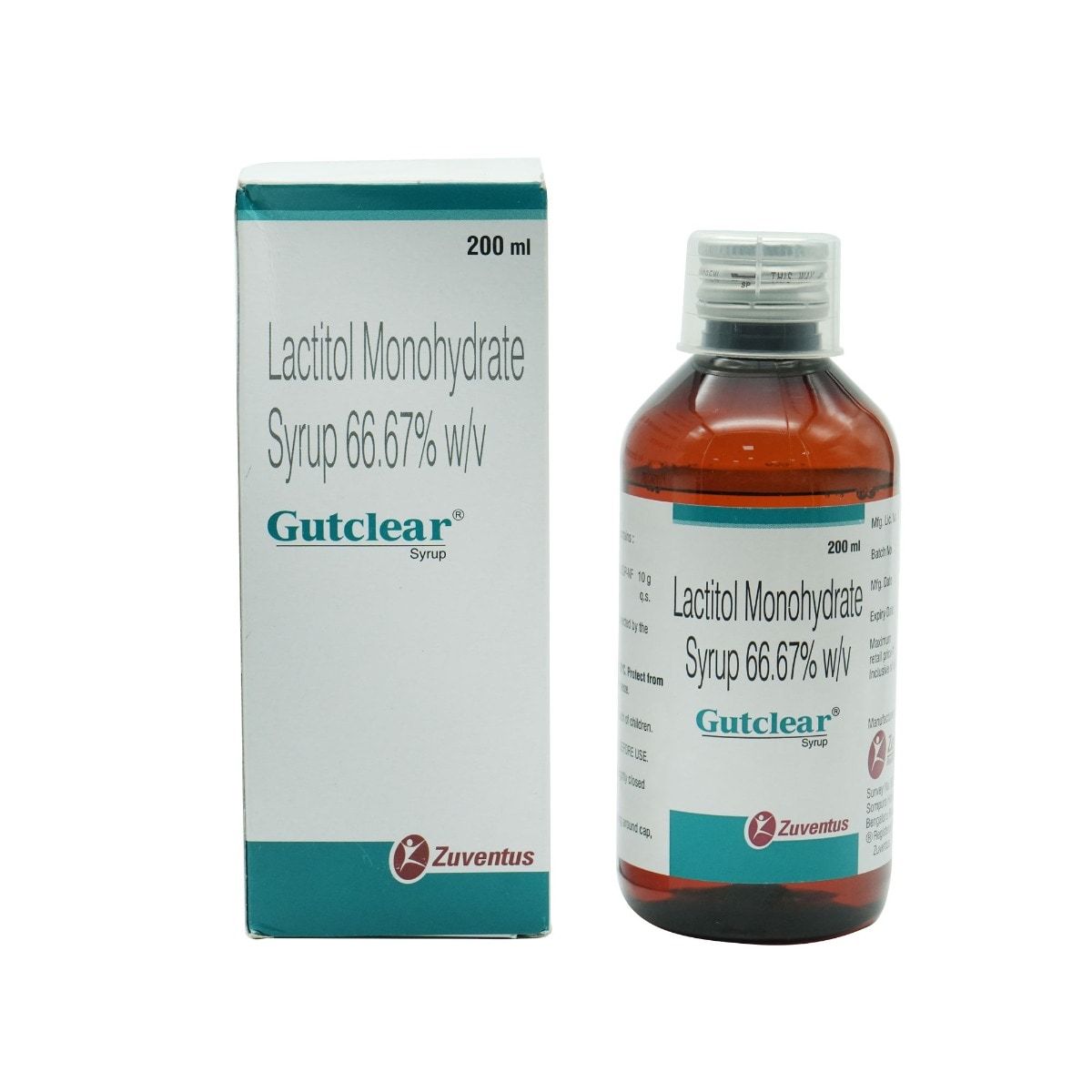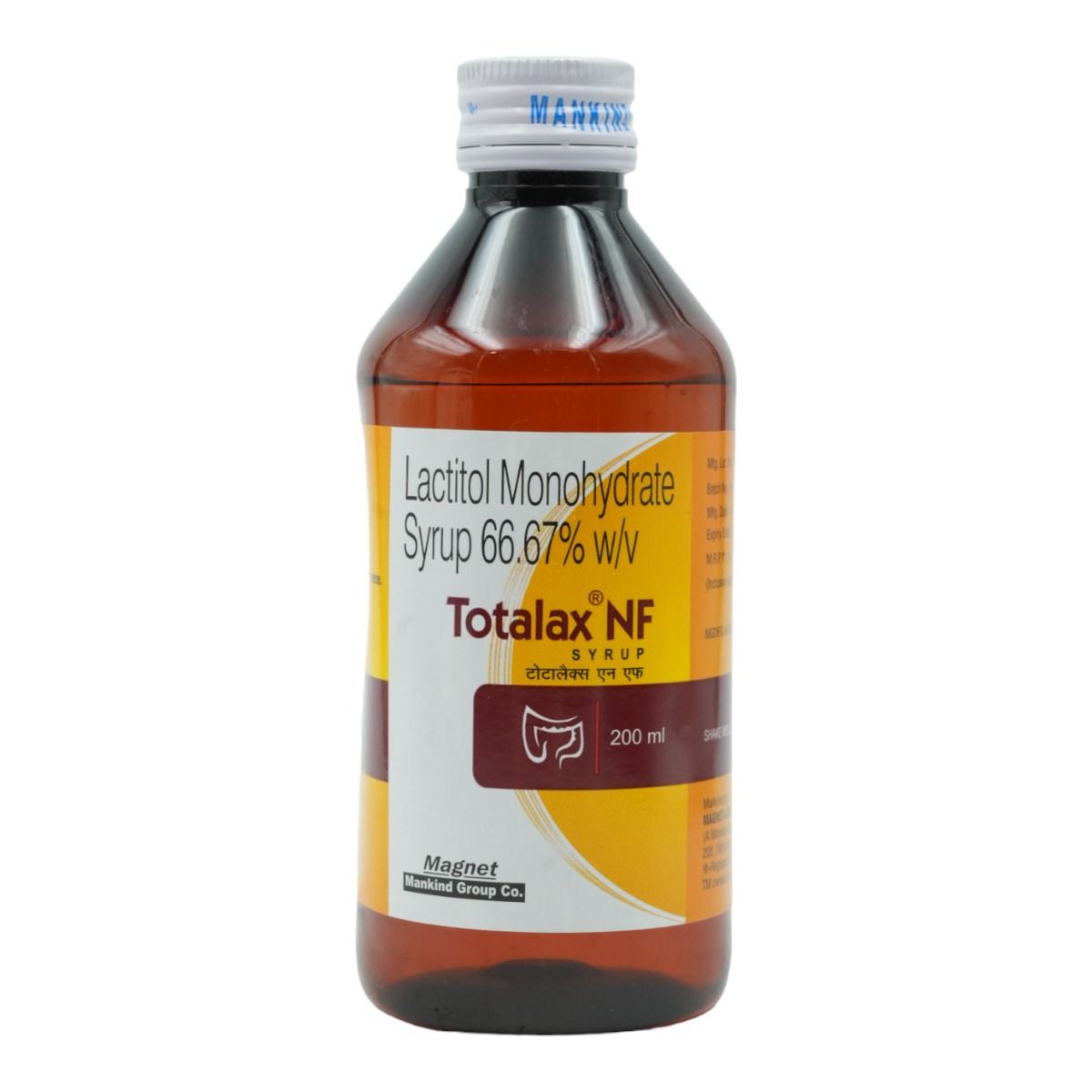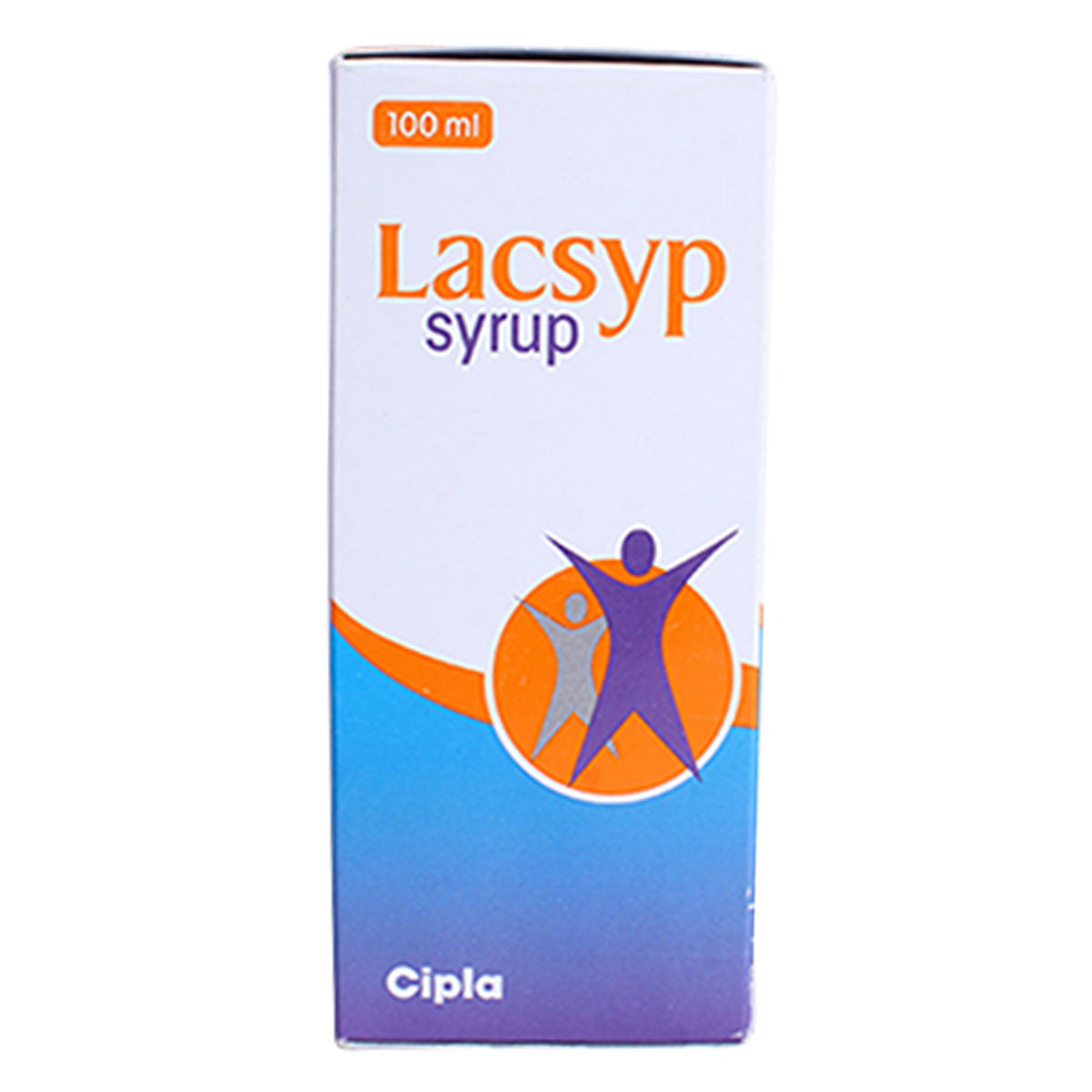Laclith Syrup
Laclith Syrup is used to treat constipation. It contains Lactitol, which makes the stool softer and more comfortable to pass. Additionally, it is also used to prevent hepatic encephalopathy (a decrease in brain function due to liver disease) by suppressing the absorption of toxins and enhancing nitrogen excretion through faeces. In some cases, this medicine may cause side effects such as abdominal distension, cramps, and flatulence (gas).
₹89.55*
MRP ₹99.5
10% off
₹84.57*
MRP ₹99.5
15% CB
₹14.93 cashback(15%)
Free Delivery
With Circle membership
(Inclusive of all Taxes)
This offer price is valid on orders above ₹800. Apply coupon PHARMA10/PHARMA18 (excluding restricted items)
Know Your Delivery Time
Provide Delivery Location

Available Offers

Secure Payment

India's Most Trusted Pharmacy

Genuine Products
Composition :
Manufacturer/Marketer :
Consume Type :
Return Policy :
About Laclith Syrup
Laclith Syrup belongs to the group of medicines called laxatives used to treat constipation. Additionally, Laclith Syrup is also used to prevent hepatic encephalopathy (a decrease in brain function due to liver disease). Constipation refers to infrequent bowel movements in which the stools are often dry, painful, and hard to pass. Hepatic encephalopathy is a liver disease in which the liver does not remove toxins from the body, leading to loss of brain function.
Laclith Syrup contains Lactitol, a disaccharide sugar that breaks down into low-molecular-weight organic acids in the colon, increasing the osmotic pressure. This causes an increase in water content and stool volume, thereby making the stool softer and more comfortable to pass and providing relief from constipation. In patients with hepatic encephalopathy, lactitol lowers the colon pH, thereby suppressing the absorption of unionized ammonia and other toxins. It also enhances nitrogen excretion through faeces.
You are advised to take Laclith Syrup as long as your doctor has prescribed it for you, depending on your medical conditions. In some cases, you may experience certain common side effects, such as abdominal distension, cramps, and flatulence (gas). Most of these side effects do not require medical attention and will resolve gradually over time. However, you are advised to talk to your doctor if you experience these side effects persistently.
To treat your condition effectually, continue taking Laclith Syrup for as long as your doctor has prescribed. Drink plenty of fluids (at least 6-8 glasses) while taking Laclith Syrup. Consult your doctor before taking Laclith Syrup if you are pregnant or breastfeeding; your doctor will prescribe you Laclith Syrup only if the benefits outweigh the risks. Inform your doctor if there is no bowel movement or if you find rectal bleeding after taking Laclith Syrup. Do not take Laclith Syrup for more than a week as it might cause dependency on Laclith Syrup for a bowel movement.
Uses of Laclith Syrup
Directions for Use
Medicinal Benefits
Laclith Syrup belongs to the group of medicines called laxatives used to treat constipation. Additionally, Laclith Syrup is also used to prevent hepatic encephalopathy (decrease in brain function due to liver disease). Laclith Syrup contains Lactitol (laxative). Lactitol is a disaccharide sugar. It works by breaking down into low-molecular-weight organic acids in the colon, which increases the osmotic pressure. This causes an increase in water content in stools and stool volume, thereby making the stool softer and more comfortable to pass and providing relief from constipation. In patients with hepatic encephalopathy, lactitol lowers the colon pH, thereby suppressing the absorption of unionized ammonia and other toxins. It also enhances nitrogen excretion through faeces.
How Laclith Syrup Works
Storage
Side Effects of Laclith Syrup
- Flatulence (wind)
- Abdominal pain
- Abdominal cramps
- Indigestion
- Dehydration
What if I have taken an overdose of Laclith Syrup
Drug Warnings
Do not take Laclith Syrup if you are allergic to any of its contents. Consult your doctor before taking Laclith Syrup if you are pregnant or breastfeeding; your doctor will prescribe you Laclith Syrup only if the benefits outweigh the risks. Do not take Laclith Syrup in case of ileostomy or colostomy. Regularly monitor serum electrolytes, blood lactose, and blood glucose levels while taking Laclith Syrup. Talk to your doctor if there is no bowel movement or if you find rectal bleeding after taking Laclith Syrup. Do not take Laclith Syrup if you have galactosemia (galactose indigestion disorder), intestinal obstruction, unexplained abdominal pain, or bleeding. Inform your doctor if you have diabetes, or if you have to undergo a colonoscopy. Do not take Laclith Syrup for more than a week as it may cause dependency on Laclith Syrup for a bowel movement.
Drug-Drug Interactions
Drug-Drug Interactions
Login/Sign Up
Drug-Food Interactions
Drug-Food Interactions
Login/Sign Up
Diet & Lifestyle Advise
- Try maintaining a balanced diet, which includes fresh fruits and vegetables.
- Stay hydrated, and drink enough water and fluids.
- Exercise regularly, and stay fit.
- Get enough sleep.
- Try making time to empty your bowels whenever the body tells you to.
- Eat food rich in fibre, such as whole-wheat bread, oatmeal, flaxseed, nuts, beans, lentils, fruits (berries, apples, oranges, bananas, pears, figs) and vegetables (broccoli, spinach, sweet potatoes, avocados).
Habit Forming
Therapeutic Class
Laclith Syrup Substitute

Gutclear Syrup 200 ml
₹1.55per tabletGutclear Syrup 100 ml
₹1.54per tabletTotalax NF Syrup 200 ml
₹1.48per tabletLacsyp Syrup 100 ml
₹1.31per tabletAqualac Syrup 200 ml
₹0.81per tablet
Product Substitutes
Alcohol
Caution
The interaction of alcohol with Laclith Syrup is unknown. Please consult a doctor before consuming alcohol while using Laclith Syrup.
Pregnancy
Caution
Please consult your doctor before taking Laclith Syrup if you are pregnant, your doctor will prescribe you Laclith Syrup if the benefits outweigh the risks.
Breast Feeding
Caution
It is generally safe to take Laclith Syrup if you are breastfeeding. However, please consult your doctor before taking Laclith Syrup if you are breastfeeding, your doctor will prescribe you Laclith Syrup if the benefits outweigh the risks.
Driving
Safe if prescribed
Laclith Syrup has negligible influence in your ability to drive.
Liver
Safe if prescribed
Laclith Syrup is safe to use if prescribed by the doctor. Please consult your doctor if you have a liver impairment or any concerns regarding this.
Kidney
Safe if prescribed
Laclith Syrup is safe to use if prescribed by the doctor. Please consult your doctor if you have kidney impairment or any concerns regarding this.
Children
Caution
Laclith Syrup can be taken by children if prescribed by a doctor.
FAQs
Country of origin
Disclaimer
Author Details
We provide you with authentic, trustworthy and relevant information















